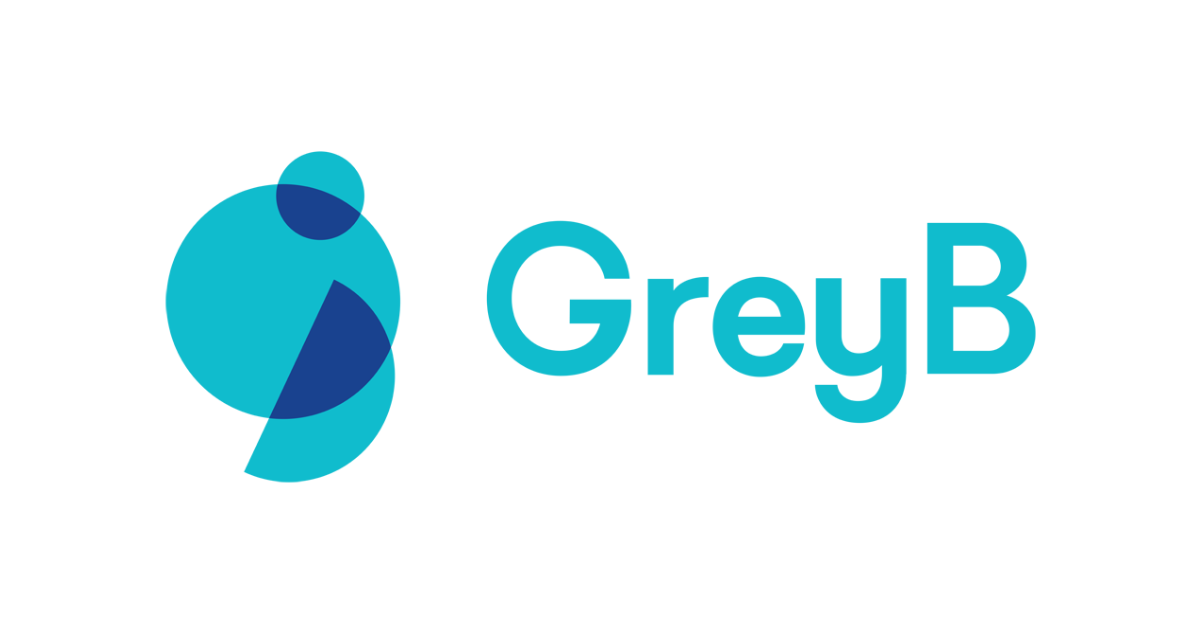7 Innovative Startups Working on Palm Oil Alternatives
The global palm oil market size accounted for USD 65.08 billion in 2022, and it is expected to touch around USD 107.53 billion by 2032, expanding at a CAGR of 5.2% from 2023 to 2032. But, with its questionable impact on the social and economic front, along with the loss of biodiversity, governments are bound to control its usage and start considering palm oil alternatives.
As a result, on 29th June 2023, the regulation by the EU on products containing palm oil came into force. It discourages the sale and purchase of any products made from raw materials such as cocoa, coffee, palm oil, soy, and wood that result in deforestation.
Other countries will soon follow in the EU’s footsteps. As a result, companies are scrambling to find alternative solutions for palm oils, as it is a versatile component used in many industries. As a result, there’s an increase in the research activities for its alternatives.
This article highlights the top startups researching palm oil alternatives for different purposes.
1. C16 Biosciences
Using fermentation and synthetic biology, C16 Biosciences has created Palmless™ Torula Oil. It is devoid of tree oils and is made up of yeast along with other ingredients such as carotenoids and sterols. These ingredients promote skin barrier function and help the skin maintain moisture and a glowing appearance. Moreover, they have a patent filed for the same technology whose application has not yet been granted.
C16 Biosciences is a New York-based startup that aims to produce sustainable alternatives to palm oil by using precision fermentation technology. They are working on creating lab-grown oils that mimic the properties of palm oil without the need for large-scale agriculture and deforestation. Additionally, it has also won the award for “Overall BioAgriculture Solution of the Year” in 2022, given by BioTech Breakthrough Awards.
Funding
The company has raised over $29 million in funding, including from Bill Gates’s Breakthrough Energy Ventures.
2. Xylome
Xylome is developing a palm oil alternative using yeast fermentation. The company has commercialized two products with its palm alternative, Yoil. The first product is Yoil itself. It is a white, solid fat at room temperature and a clear liquid at body temperature, and it replaces refined, bleached, and deodorized (RBD) palm oil. Yoil-Cream is a blend of Yoil and other ingredients used in cosmetics and personal care products.

The company has three patents to its name for this technology.
Funding
Xylome has raised $1.9 million from The National Science Foundation and the US Department of Energy.
3. NoPalm Ingredients
NoPalm Ingredients is a Dutch startup that produces an upcycled palm oil alternative using fermentation technology. By leveraging this technology, the company “brews” microbial oil with similar characteristics to palm oil, enabling its application as a substitute in food, cosmetics, and detergents. NoPalm utilizes various side streams like potato peels, rejected vegetables, and sugar beet tops as feedstock for fermentation. Following this process, the company separates the oil from the biomass and supplies it as an ingredient to cosmetics, food, and detergent manufacturers. It then reintegrates the remaining biomass into the value chain, establishing microbial oil as a circular and sustainable alternative. This alternative is also environmentally sound, as it can be produced using waste streams that would otherwise be discarded.
Funding
The company has raised over €1 million in funding.
4. Kiverdi
Kiverdi is developing a palm oil alternative using carbon captured from the atmosphere.
The company utilizes synthetic biology and fermentation technologies to create sustainable and eco-friendly alternatives to palm oil. Their process involves using carbon dioxide as a feedstock and converting it into oils and other valuable products through microbial fermentation. The technology has four patents to its name.
By leveraging microbial fermentation, Kiverdi aims to produce oils and fats that can serve as alternatives to palm oil without the need for traditional agriculture and its associated environmental impacts. This approach also offers scalability and consistency in production.
Funding
It received $2 million in funding from the Energy Department’s Bioenergy Technologies Office (BETO) in 2015.
5. Time Travelling Milkman
Time Travelling Milkman is developing an alternate natural fat to compete with palm oil.
It is a Dutch startup developing a sustainable palm oil alternative using sunflower seeds. The company’s technology extracts fat droplets from sunflower seeds and processes them into a cream or powder. It then uses them as a substitute for palm oil in various applications, such as food, cosmetics, and biofuels. Additionally, this palm oil alternative is more cost-effective, as it uses locally grown sunflower seeds in production.
They have won the Audience Prize of the Brave New Food Startup Challenge 2022.
Funding
The company has raised over €2 million ($2.1 mn) in funding.
6. Colipi
Colipi is a German biotechnology startup developing a sustainable palm oil alternative using precision fermentation.
The company specializes in two pioneering technologies within precision fermentation: yeast-based liquid fermentation for converting organic side streams into valuable oils and gas fermentation, which employs specialized bacteria to convert CO2 and hydrogen into biomass and valuable biomaterials.
This makes it a perfect substitute for palm oil in various applications, such as food, cosmetics, and biofuels.
Its palm oil alternative has several advantages over traditional palm oil. It is more sustainable, as it does not require the clearing of rainforests. It is also more ethical, as it does not involve exploiting workers. Additionally, Colipi’s palm oil alternative is more cost-effective, using low-cost feedstocks for production.
Colipi is currently working to scale up the production of its palm oil alternative.
Funding
The company has raised over €EUR 4.1 million ($4.4 mn) in a grant from the German Ministry of Economics and Climate Protection in funding to bring the product to the market swiftly.
7. Zero Acre
Zero Acre Farms is a company that wants to offer a better alternative to vegetable oil. It focuses on creating a new type of oil that is just as “natural” as traditional oils but is also healthier and more environmentally friendly. They achieve this through fermentation, a process in which they feed microorganisms and harvest the oil they produce.

“We’re not creating a synthetic oil that’s ‘only’ better for the environment. It’s a new category of oils and fats; we can make compositions more suitable for food and better for people.”, CEO and co-founder Jeff Nobbs. (Source)(Source)
Funding
They have recently secured $37 million in funding to pursue their goal.
Conclusion
The collective efforts of these startups, along with ongoing regulatory changes and growing consumer awareness, are driving the transformation of the palm oil industry. As the world seeks to reduce its reliance on palm oil and address the associated challenges, these startups provide hope for a future. A future where sustainable alternatives become the norm, ensuring the protection of the environment, biodiversity, and human rights without compromising quality or performance.
There are other startups providing palm oil alternatives, and some of them are in the early stages. Scouting such startups would be a great way for companies to stay at the forefront. Get in touch to learn more about startup scouting.
Written By- Vipin Singh and Moksha Jain, Marketing Team







